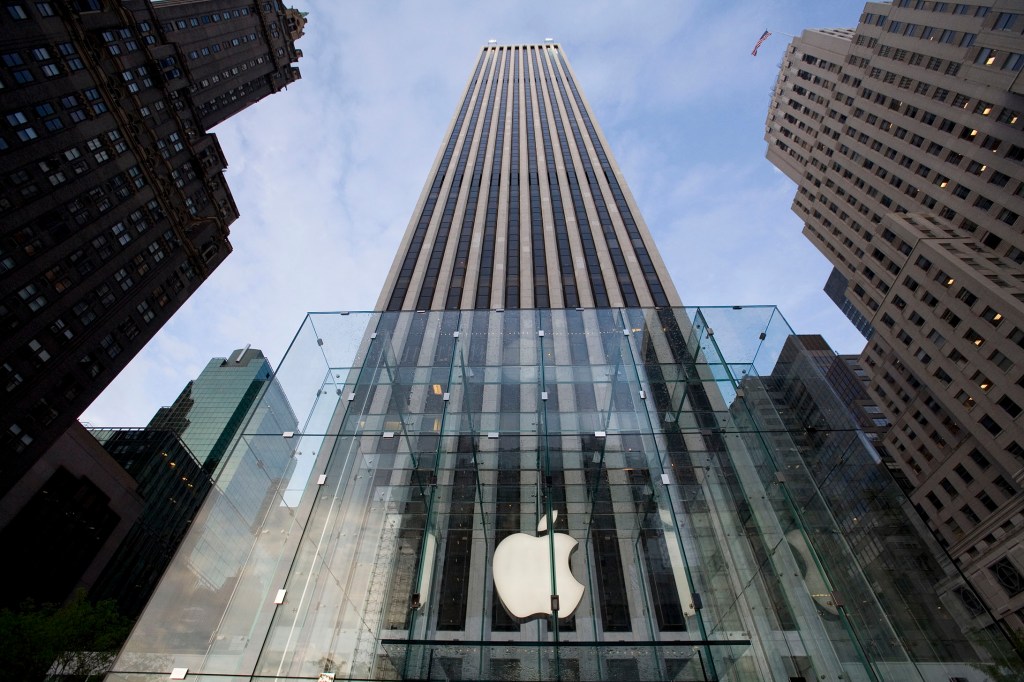SonicWall, a prominent enterprise security firm, has recently advised its customers to disable the SSLVPN feature on their Generation 7 firewalls. This recommendation follows a significant increase in ransomware attacks targeting these devices. The company is currently investigating whether these incidents are linked to previously known vulnerabilities or if a new security flaw is being exploited.
Security researchers have observed that cybercriminals are increasingly focusing on enterprise products like firewalls and VPNs, which serve as critical gateways to corporate networks. Exploiting vulnerabilities in these systems allows attackers to infiltrate networks, leading to data breaches and other malicious activities.
Arctic Wolf, a cybersecurity firm, reported detecting intrusions targeting SonicWall customers as early as mid-July. Their findings suggest the presence of a zero-day vulnerability—a previously unknown security flaw that attackers exploit before a fix becomes available. Notably, there was a brief interval between the initial compromise of the SonicWall firewall and the deployment of ransomware, indicating a swift progression from intrusion to attack.
Huntress Labs, another cybersecurity organization, supports the theory that a zero-day vulnerability in SonicWall firewalls is being exploited. They have observed attackers gaining access to domain controllers, which are essential for managing devices and users within a network. Huntress attributes some of these attacks to the Akira ransomware group, known for targeting enterprise products to infiltrate large networks.
In response to these threats, SonicWall has issued several recommendations for organizations using their Gen 7 firewalls:
– Disable SSLVPN Services: If feasible, turn off SSLVPN services to prevent potential exploitation.
– Restrict SSLVPN Access: Limit SSLVPN connectivity to trusted IP addresses to reduce exposure.
– Activate Security Features: Enable services like Botnet Protection and Geo-IP Filtering to enhance security.
– Enforce Multi-Factor Authentication (MFA): Implement MFA to add an extra layer of security for user accounts.
– Review User Accounts: Remove inactive or unused local user accounts on the firewall, especially those with SSLVPN access.
– Promote Regular Password Updates: Encourage users to update their passwords regularly to maintain account security.
These measures aim to mitigate the risk of unauthorized access and potential ransomware attacks.
The Akira ransomware group has been active since March 2023, targeting both Windows and Linux systems. They are notorious for dismantling backups to hinder recovery efforts. By mid-2025, Akira had impacted hundreds of organizations worldwide, including notable entities like Stanford University and Nissan Australia. The group typically communicates with victims through a Tor-based platform.
The FBI and the Cybersecurity and Infrastructure Security Agency (CISA) are closely monitoring the situation, underscoring the severity of the threat. Organizations are urged to implement robust network defenses and multi-factor authentication to safeguard against these attacks.
In summary, the recent surge in ransomware attacks exploiting potential vulnerabilities in SonicWall’s SSLVPN underscores the critical importance of proactive cybersecurity measures. Organizations must remain vigilant, promptly apply security patches, and adhere to best practices to protect their networks from evolving threats.



